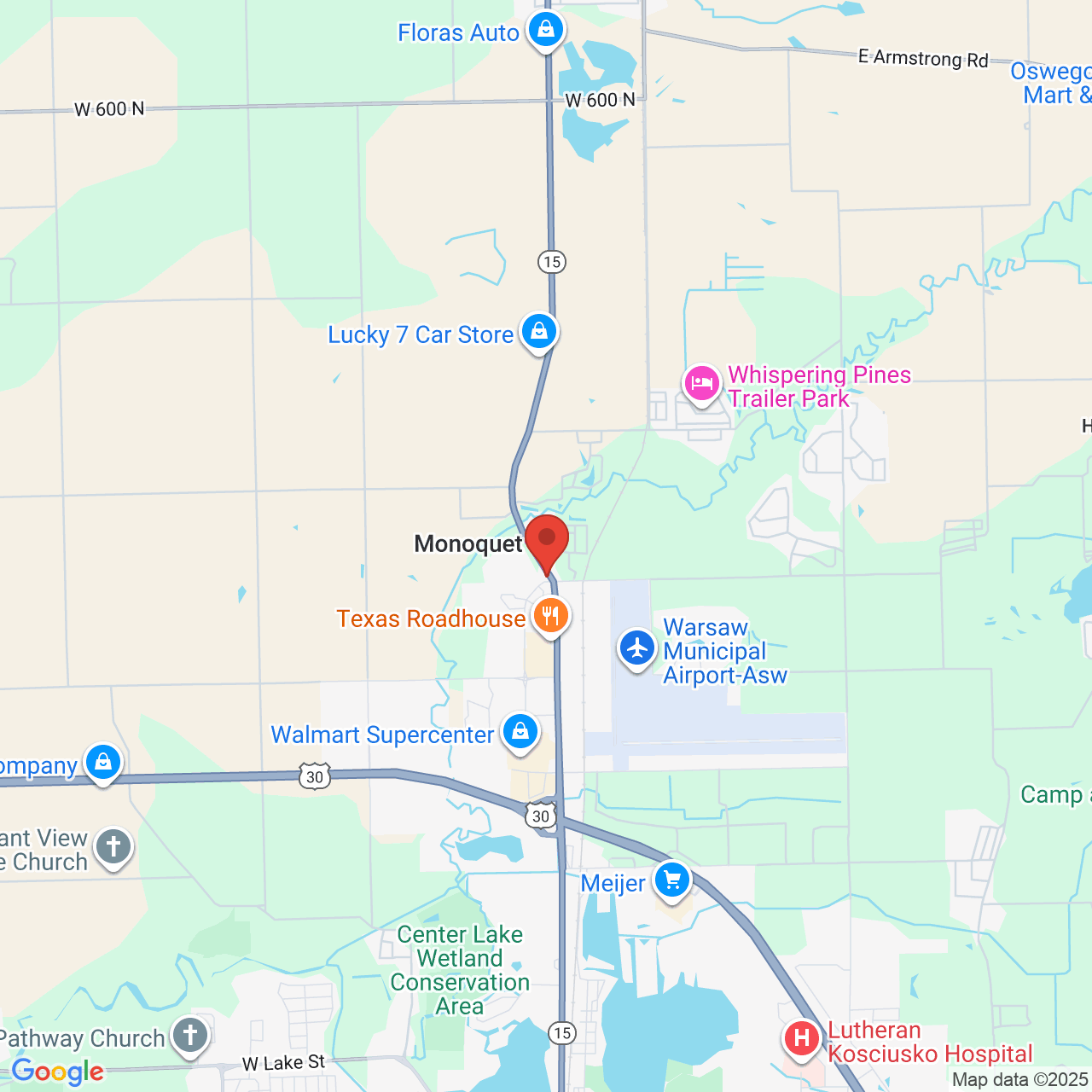CPAP Treatment for Sleep Apnea
Do you wake in the middle of the night gasping for air? Do you experience headaches or chronic fatigue? If you have been diagnosed with sleep apnea, you understand how much the condition can affect your overall quality of life. Treating sleep apnea often involves trial and error to find an individualized solution for each patient. The doctors at Dental Solutions in Warsaw, IN, can discuss the most common procedures with you during a consultation, including CPAP treatment for sleep apnea.

Sleep Apnea: A Brief Overview
Obstructive sleep apnea is characterized by blockage of the airway, resulting in labored breathing and a lack of oxygen. This condition can lead to a wide array of more serious health problems, including heart disease, high blood pressure, stroke, diabetes, depression, and more. Obstructive sleep apnea is caused by the collapse of the soft tissues over the windpipe. So in order to properly treat the condition, the airway must be opened. There are two primary non-surgical treatments for sleep apnea: CPAP and the use of oral appliances.
CPAP Treatment for Sleep Apnea
You have most likely heard of a CPAP (Continuous Positive Airway Pressure) machine. This is a common treatment for sleep apnea, and one that is quite effective. In fact, the American Sleep Apnea Association reports that CPAP is the most widely used method for addressing severe obstructive sleep apnea. During sleep, a mask is worn over the mouth or nose, and a constant stream of air pressure gently keeps the airway open. This allows sufficient oxygen to reach the brain during sleep.
Some patients have difficulty adjusting to CPAP. However, trying out different adjustments and appliances typically helps people become accustomed to this new device. Although it may take some time to get used to CPAP, most people agree it is an incredibly effective treatment.
Oral Appliances for Sleep Apnea
In many cases, sleep apnea can be alleviated with the use of a custom oral appliance. These mouth guards are made to fit snugly over the teeth and shift the lower jaw slightly forward into a more favorable position. This can open the airway, allowing for increased oxygen intake. However, it is important to note that custom appliances are typically only helpful for mild to moderate cases of the condition.
Combined Therapies
Finding the appropriate treatment for sleep apnea can be frustrating at times, especially for patients who do not deal well with wearing the CPAP mask. According to the American Academy of Dental Sleep Medicine, 25 to 50 percent of patients avoid wearing the device altogether because they cannot tolerate the pressure of the mask. In these instances, combined therapy is an excellent option. In the Sleep and Breathing journal, one research study showed that when CPAP was used in conjunction with custom oral appliances, patients were able to tolerate treatment better than in cases where CPAP was used alone.
Learn More about Sleep Apnea Treatments
Whether you are suffering from mild, moderate, or severe sleep apnea, our doctors are experienced in treating the condition. Schedule a consultation using our online form to learn more about your personalized treatment options.


